
October 21: World Energy Saving Day - Plugin solar kits face obstacles in Europe
After a year in operation, Robinsun is leading the European initiative from Spain to standardize regulations and create a single European market with clear rules that ensure product safety and allow for large-scale commercialization.
Boris Hageney, founder of Robinsun: "We are offering a product that constantly faces obstacles. If this sector were streamlined, we could take coal, oil, and nuclear power plants off the grid."
Madrid, October 15, 2024 - Robinsun markets plugin solar kits for home self-consumption. That is, a solar panel you purchase, plug in at home, and it starts generating solar energy that you use directly, saving money on your electricity bills and avoiding CO2 emissions. A product like this, in countries with constant sunshine like Spain or Portugal, should be a success. However, it thrives in countries like Germany and France. One year after the company’s creation, the balance is positive, but the product has yet to take off due to legal hurdles.
Robinsun’s founder, Boris Hageney, who is well-versed in the sector in countries like France and Germany, has spent a year fighting for governments to truly invest in clean energy, provide information on it, and achieve a common goal: decarbonization and reducing European households' electricity bills.
The company calculates the following: a Spanish family without a plugin solar kit loses around €30 per month, which is 50% of their electricity bill. Over a year, this adds up to about €360 and a savings of 0.41 tons of CO2 per family that isn’t being achieved. The reduction in costs and CO2 emissions if solar kits were installed, like any other household appliance, would result in a reduction of nearly 8 million tons of CO2 annually, considering that Spain has around 19 million households. In the words of Boris Hageney, CEO of Robinsun, "Each installed plugin solar kit is another step towards shutting down the remaining fossil fuel and nuclear power plants. Installing small solar panels in every home, where energy is both produced and consumed, reduces the need for large solar farms in nature."
Bureaucratic difficulties
In Europe, to increase the use of easily installable solar panels, we need:- Easy, agile, and fee-free regional certification. If a customer wants to be compensated for surplus energy, as is already possible in Spain and Germany, the documentation required should be very simple, easy to obtain, and at no cost to the consumer. Today, in Spain, a CIE is needed, which usually costs up to €500. Additionally, there are autonomous communities (Extremadura) that charge up to €78 in fees or require the involvement of other intermediaries (Madrid and Aragon). All of this increases the cost of certifying an installation, which ranges from €300-800. It is an additional expense and disproportionate to the product’s cost. Furthermore, in countries like Portugal, surplus energy still does not receive any financial compensation.
- Right to the kit: Another obstacle for families living in apartment communities or rental properties is having to ask neighbors or property owners for permission to install a plugin solar kit. Families should be able to install a kit without needing anyone's permission. And, if someone objects to the installation, they must justify it in writing with a valid technical argument for the prohibition.
- 0% VAT: Robinsun has observed that in Germany, since VAT was reduced to 0%, there has been an explosion of plugin solar kit installations. The Netherlands and Austria have followed this example. In Portugal, a reduced 6% VAT has significantly boosted sales in this market. Robinsun calls for 0% VAT in all countries, including Spain, to directly and simply incentivize families to install kits now.
- Misinformation regarding certification and difficulties understanding the regulatory and legal requirements.
- Lack of awareness and information among Europeans who face volatile electricity prices and VAT increases and aren’t seeking solutions.
- No established culture of CO2 reduction.

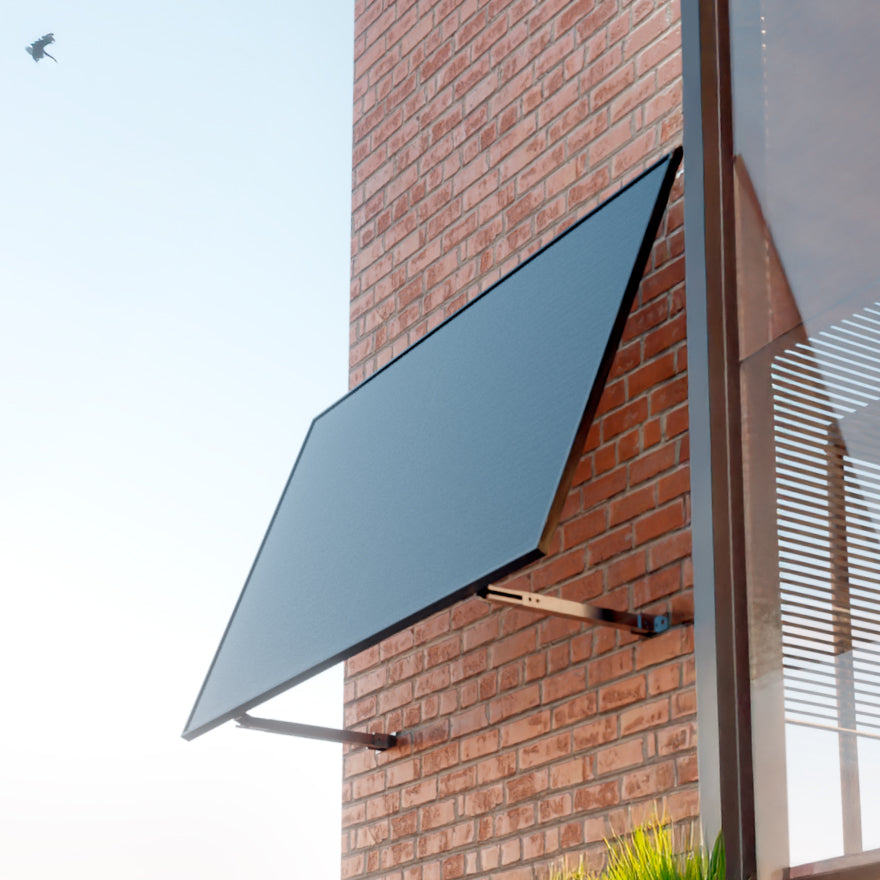
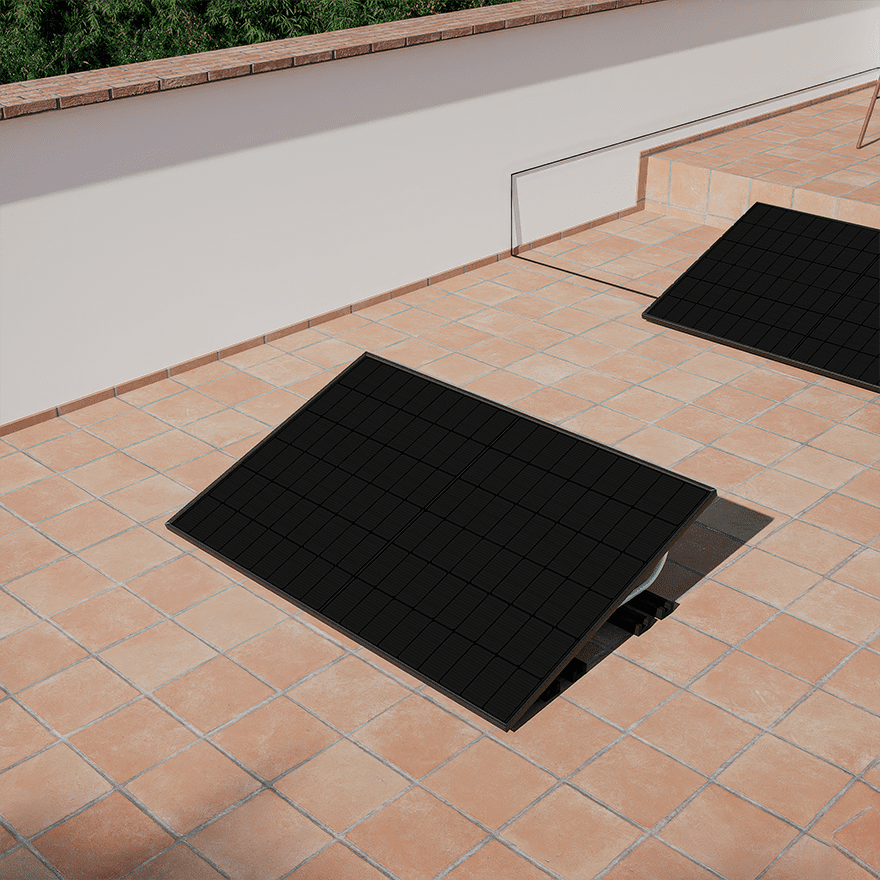

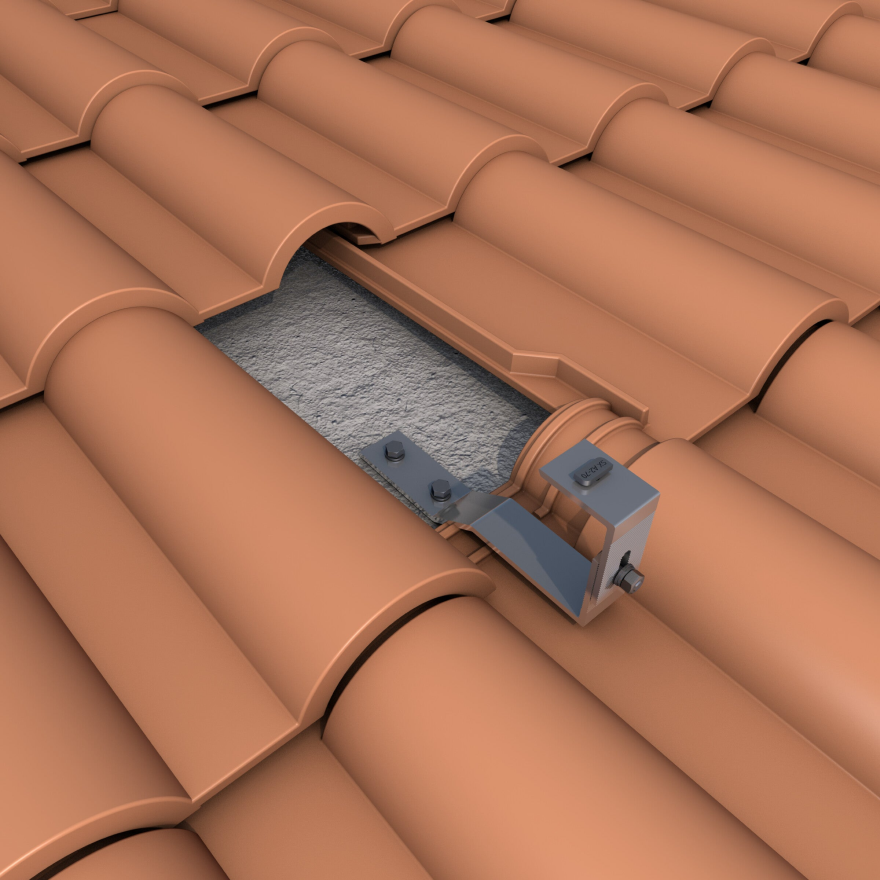
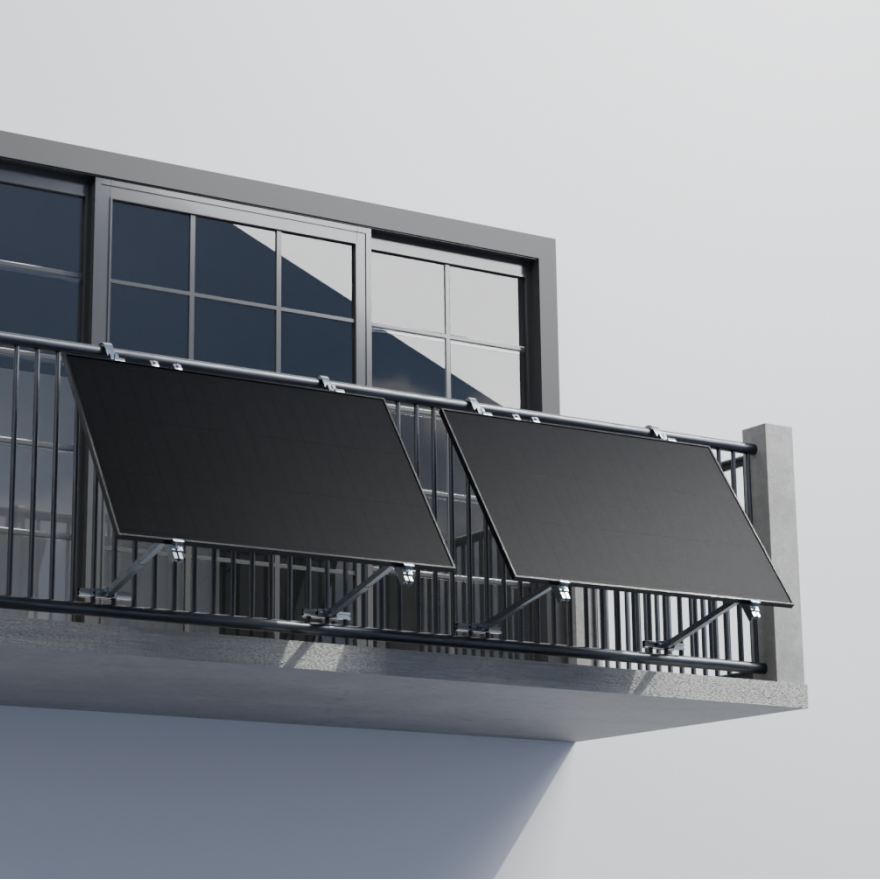
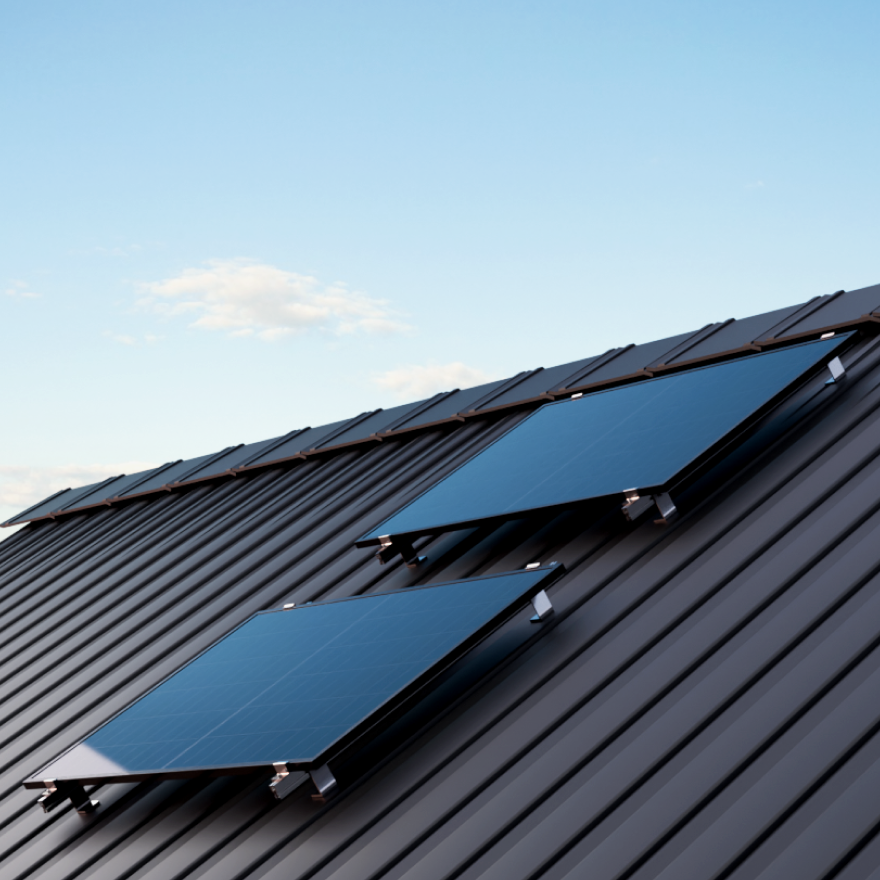
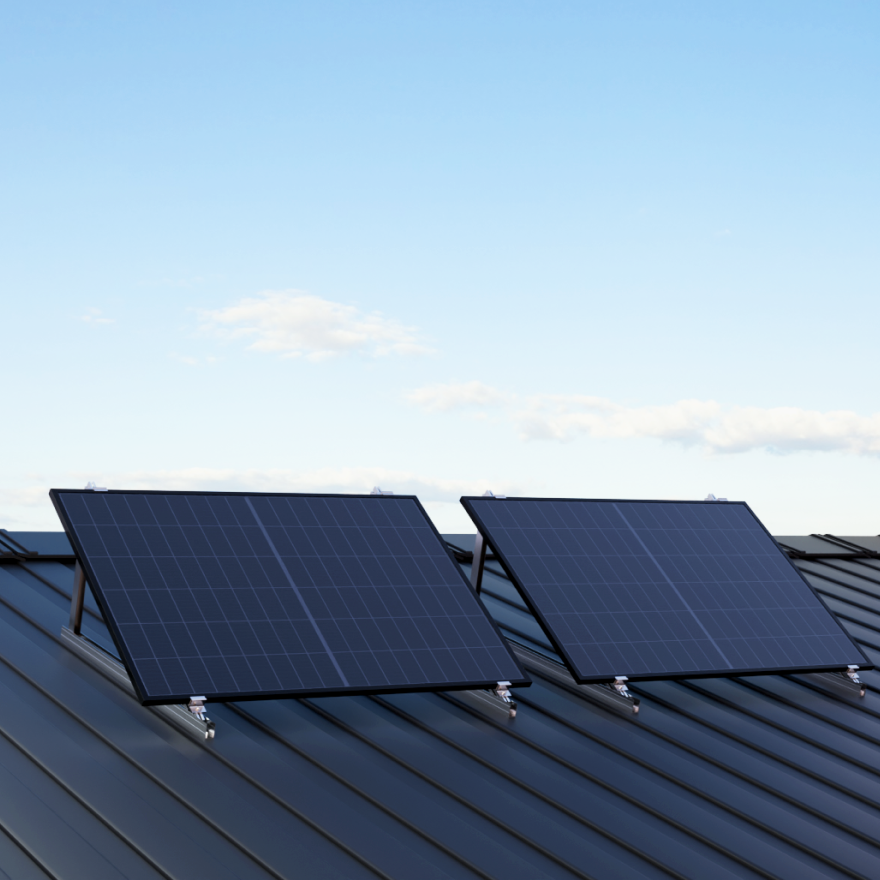
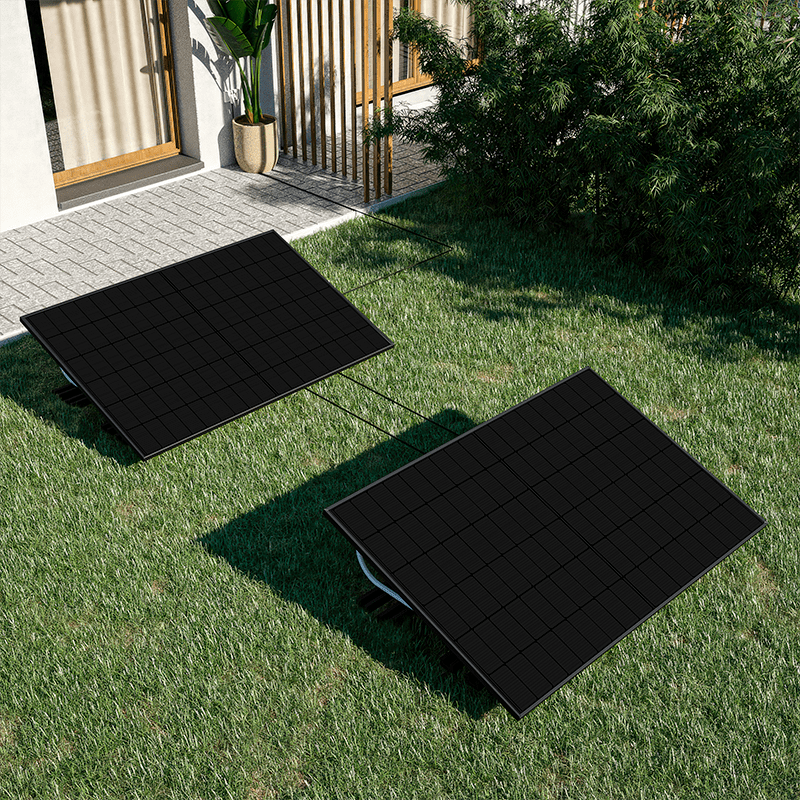
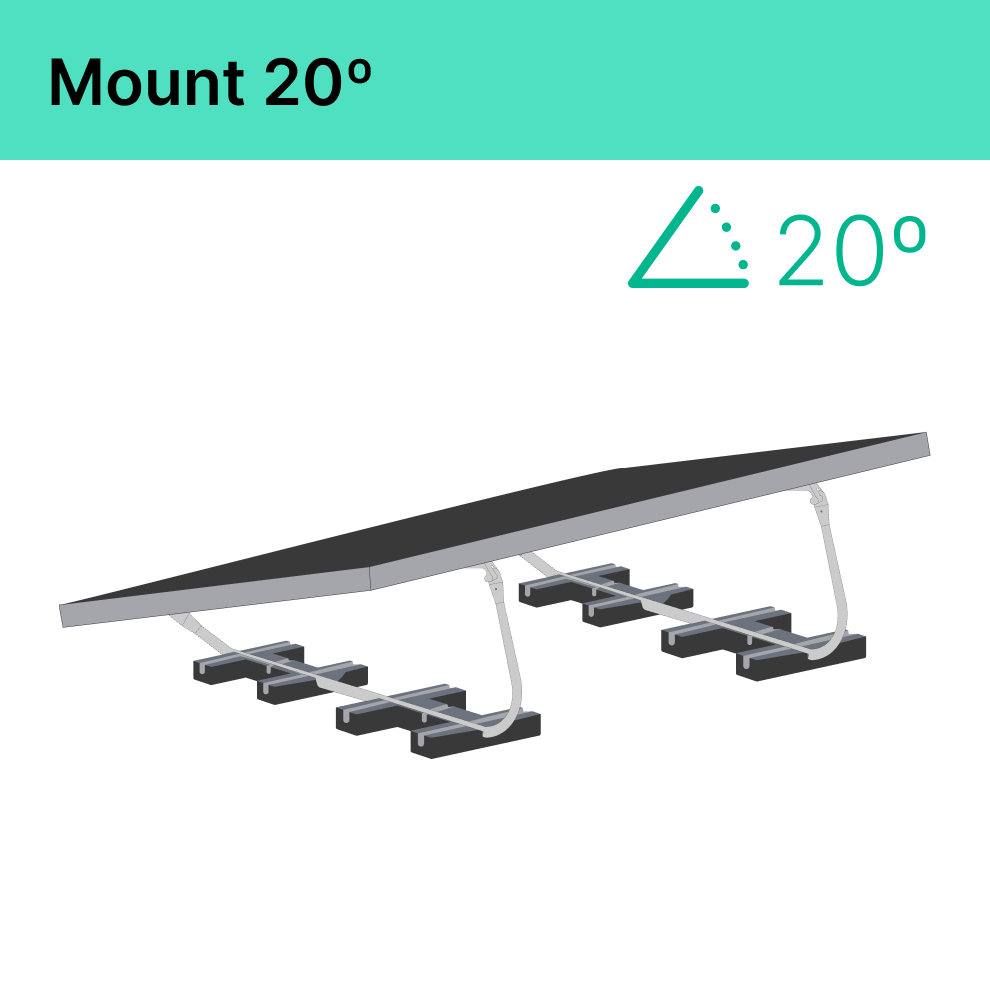

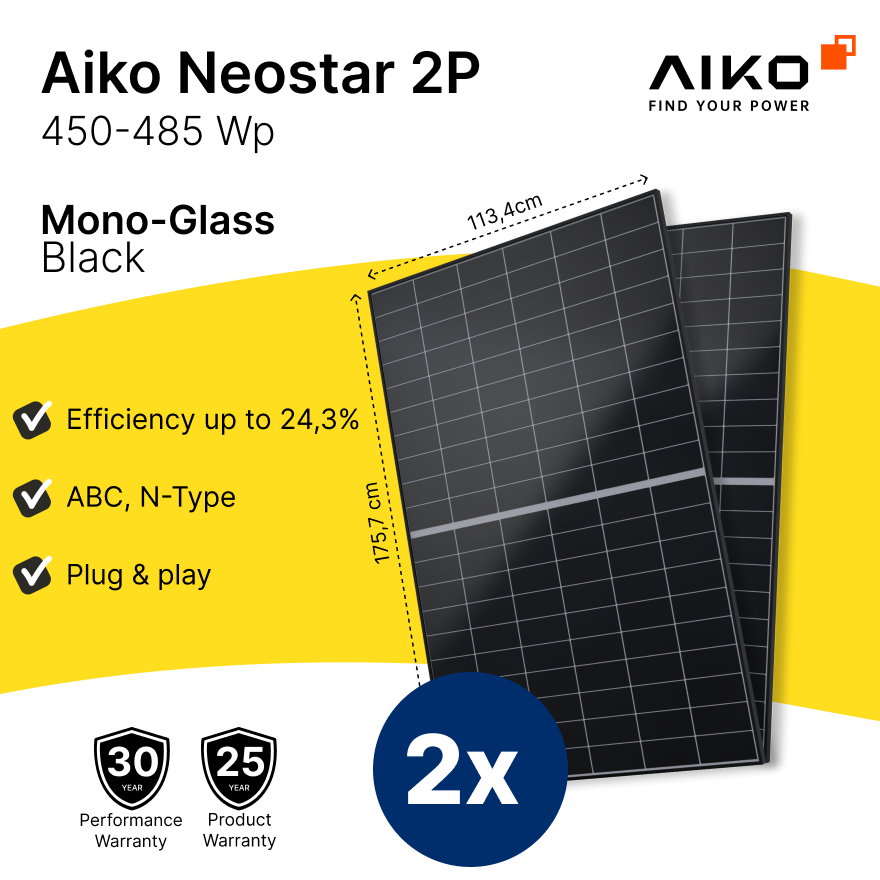
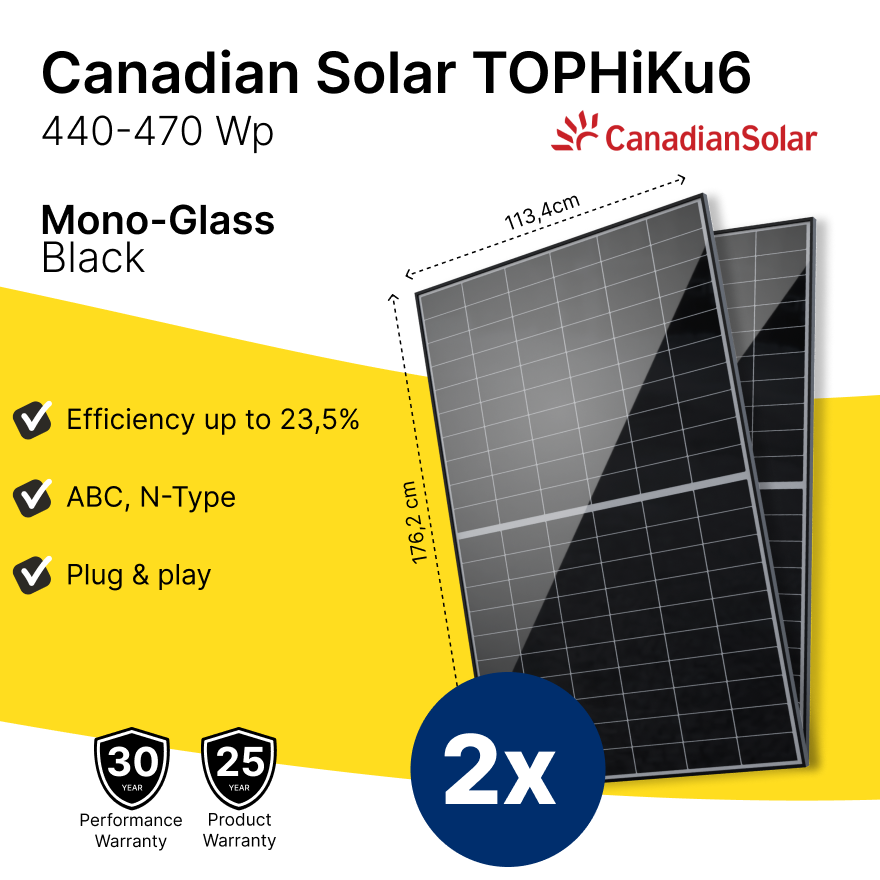
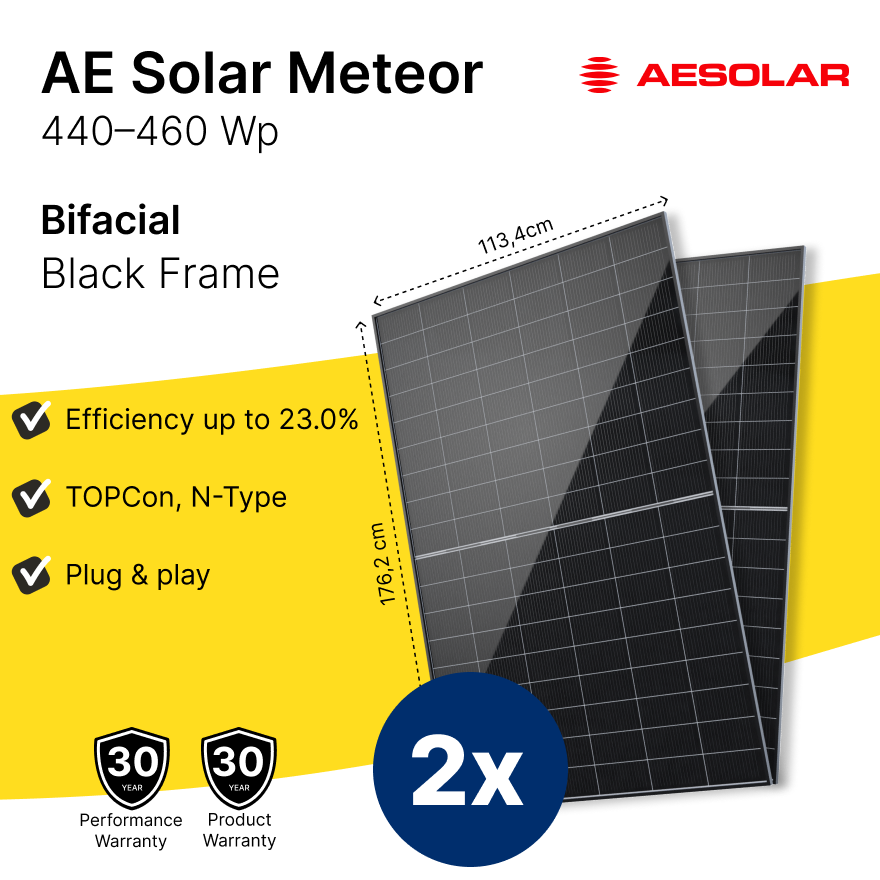


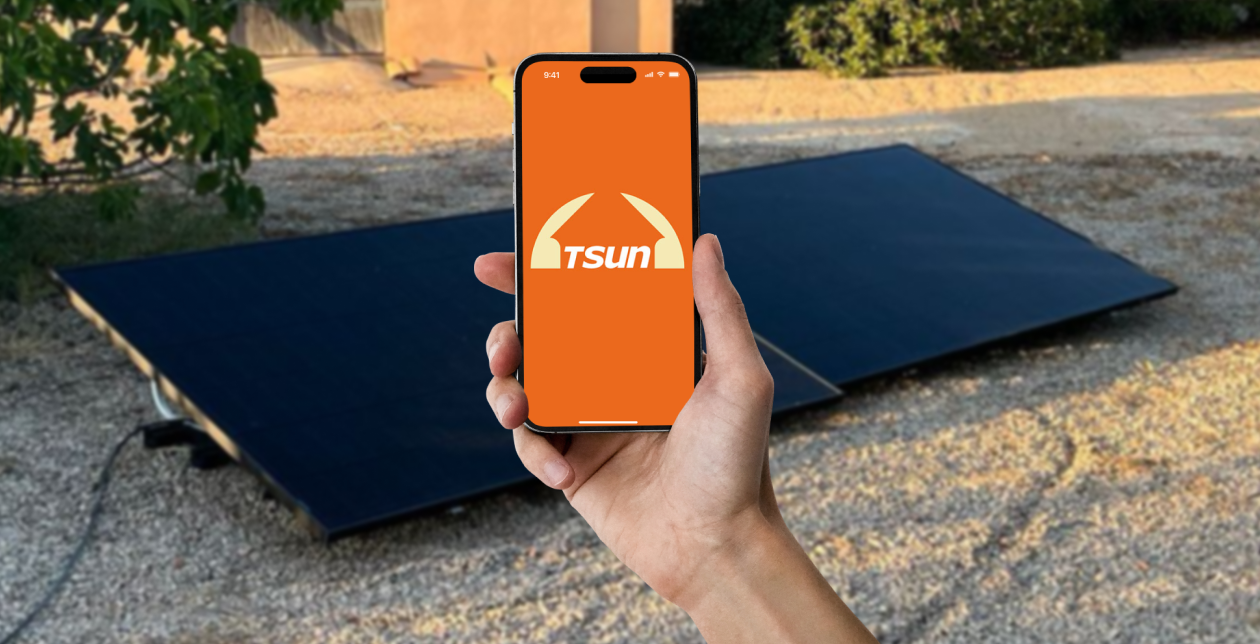

Laisser un commentaire
Ce site est protégé par hCaptcha, et la Politique de confidentialité et les Conditions de service de hCaptcha s’appliquent.